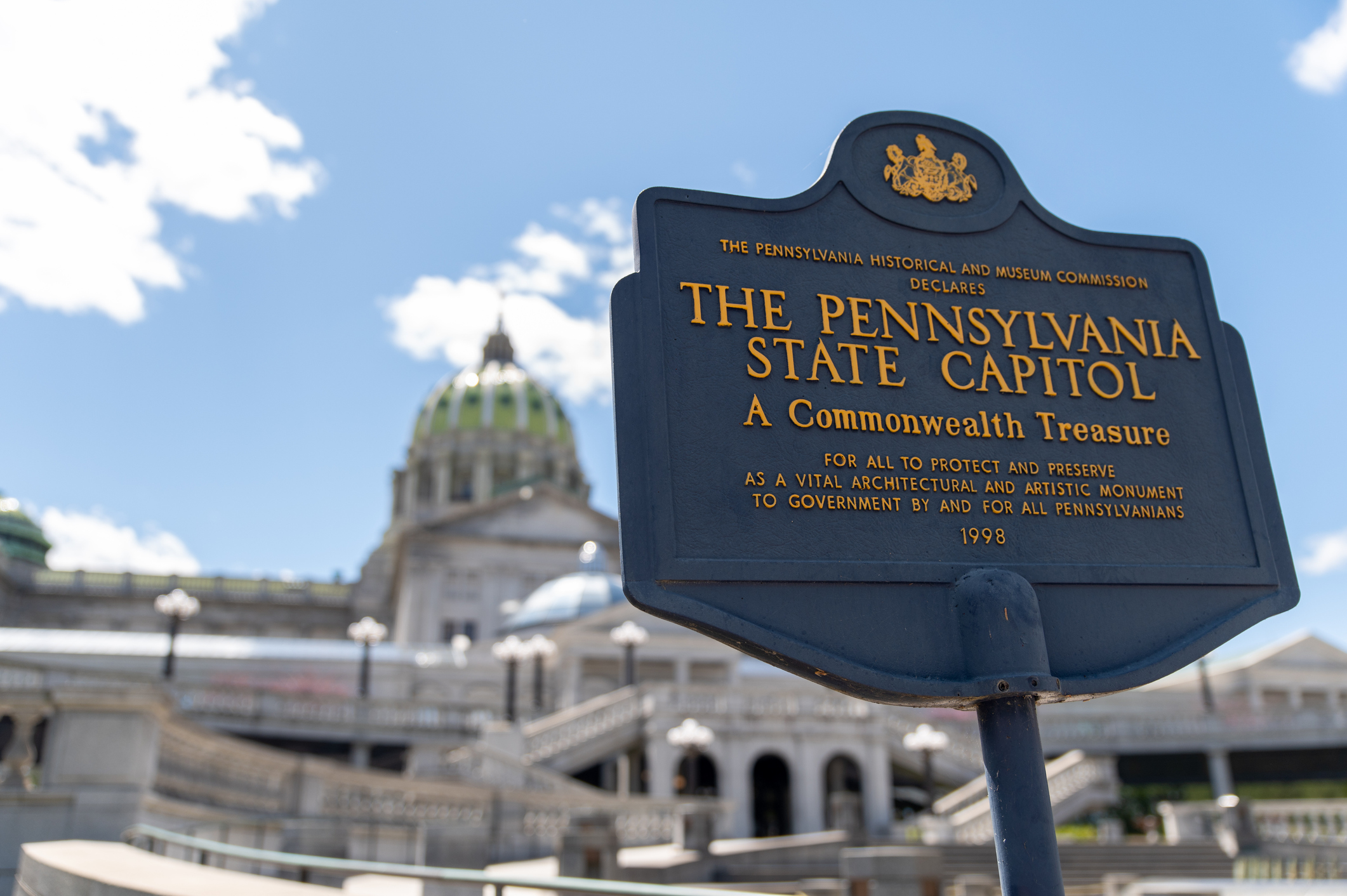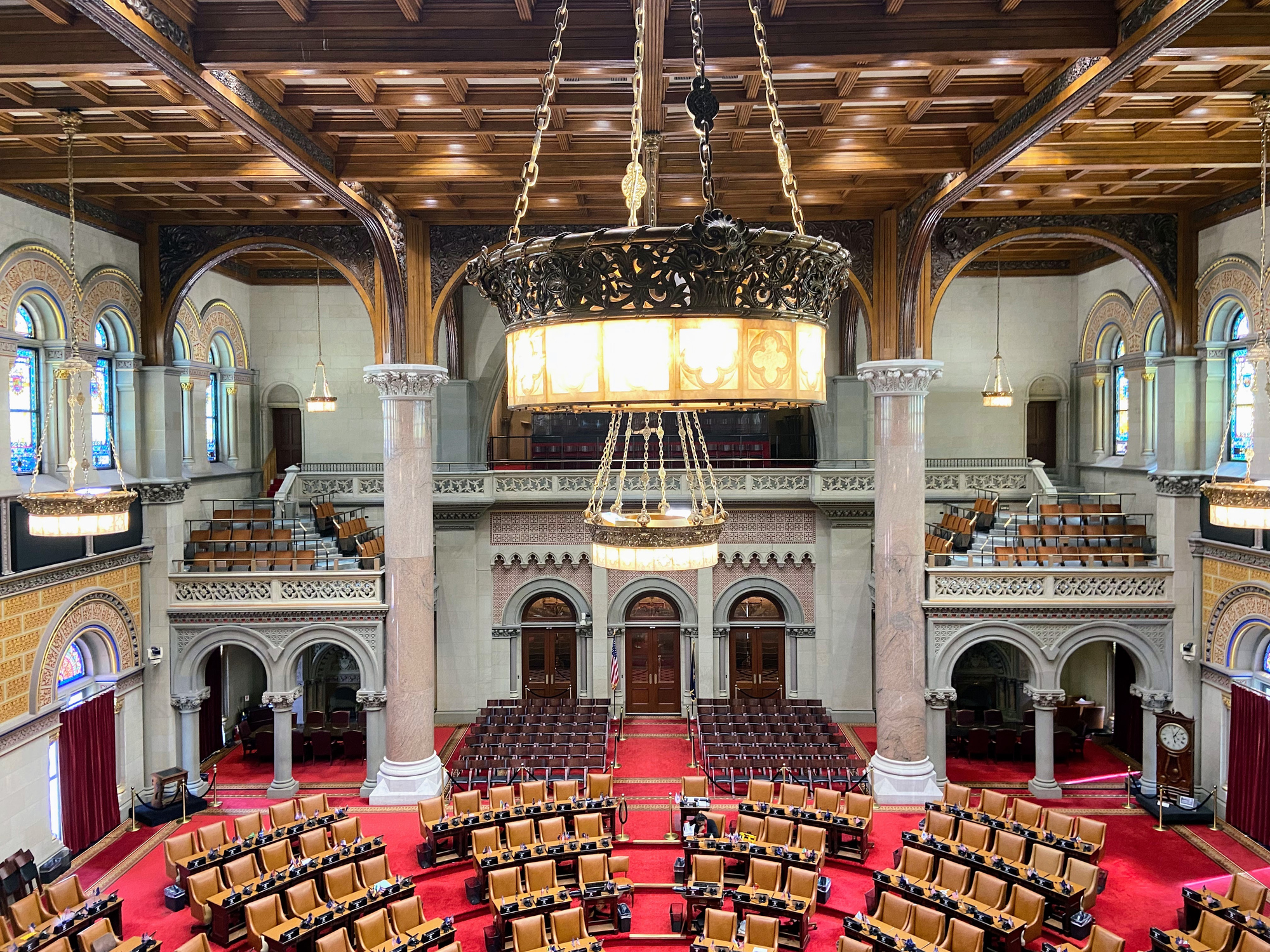
Electric vehicles (EVs) have gained popularity in the automotive marketplace. Simultaneously, state governments that utilize thousands of motor vehicles for various government purposes every day are transitioning their public fleets to EVs. Amid commitments to reduce greenhouse gas emissions and other energy-saving practices for states, fleet electrification has become a viable means for state governments to reduce their carbon footprints.
Hawaii Incentivizes Private Fleet Electrification
In January 2023, Hawaii lawmakers introduced Senate Bill 368 to encourage fleet electrification across the private sector. Alongside its companion bill, HB199, this legislation calls upon the Hawaii state energy office to create an electric vehicle purchasing assistance program. For Hawaii to become carbon neutral by 2045, a push for 100 percent fleet electrification of all light-duty motor vehicles by the end of 2035 has emerged. This bill would encourage statewide fleet electrification by designing a purchasing assistance program for private entities while converting their fleets to zero-emission vehicles. The measure would task the Hawaii state energy office under the Department of Transportation with developing and administering financing tools and nonfinancial support to private organizations seeking to convert their fleets to electric.
Massachusetts Department of Transportation Oversees Fleet Electrification
In February 2023, Massachusetts lawmakers introduced Senate Bill 2198, which calls upon the Massachusetts Department of Transportation to oversee the state’s fleet electrification. To fully convert all state government vehicles to electric vehicles, all motor vehicle purchases and leases acquired by the state would be zero-emission vehicles by 2025. Additionally, the legislation would require the state to finalize the development of vehicle charging facilities with their locations within one year of the bill’s effective date. The state could restrict some public access to charging stations for government vehicles.
Minnesota Fleet Electrification Through Preference-Based Orders
In January 2023, Minnesota lawmakers introduced House Bill 413, alongside a companion bill in the Senate, outlining purchase preferences for electric vehicles as state and local governments acquire new vehicles for government purposes. The measure would require that motor vehicles purchased or leased by the state be, in order of preference, 1) fully electric; 2) hybrid; 3) a cleaner-fueled vehicle; or 4) gasoline/diesel. The bill would not require full fleet electrification, permitting gas or diesel vehicles to be still acquired. Vehicles lower on the preference order could only be purchased over a low-emission vehicle if the total life-cycle cost of ownership of one vehicle is greater than 10 percent of the cost of another. The measure would also appropriate $20 million toward rebates for eligible electric vehicle purchases or leases.
New York Buses Undergo Fleet Electrification
In April 2023, New York lawmakers introduced Assembly Bill A6414 to make public buses electric. Since 2019, under New York’s Climate Leadership and Community Protection Act, New York has committed to reducing the volume of greenhouse gas emissions by at least 85 percent of 1990 levels by the year 2050. Achieving fleet electrification within the public transit system aligns with this goal. This bill would present a purchase order for new buses, call for renovating existing bus depots, and expand utility infrastructure and electricity generation capacity. By 2035, buses in New York would have fully converted to operate using hydrogen fuel cells derived from zero-emission electricity.
Other bills in the New York legislature would further streamline this transition toward cleaner transit. For example, Senate Bill S4830C identifies high-priority areas throughout the state which could benefit from the placement of charging stations for medium and heavy-duty vehicles. Such charging stations could accommodate vehicles such as school and public transit buses.
Latest News
Photo credit: iStock.com/Niiaz Sabirov In 2025, several U.S. states have introduced legislation to prohibit geoengineering, defined as intentional large-scale interventions in Earth’s atmosphere or climate systems, such as cloud seeding or solar radiation modification. These [...]
Photo credit: iStock.com/Hamburg Studios As Pennsylvania continues to navigate an evolving energy landscape, state leaders are proposing new approaches to ensure reliability, affordability, and sustainability. Governor Josh Shapiro recently announced his “Lightning Plan”, a six-part [...]
Photo credit: iStock.com/StudioGraphic As technology continues to evolve, digital driver's licenses (also known as mobile IDs) are gaining traction across the United States. States are increasingly exploring legislative measures to modernize driver identification systems, enabling [...]
Photo credit: iStock.com/Ray Tan As the impacts of climate change intensify, several U.S. states are taking legislative steps to address the mounting costs of adaptation and resilience. New York, New Jersey, and Vermont have recently [...]






Stay In Touch